Shao emphasized that Robyn is not intended to replace human relationships or clinical practitioners but rather serve as a companion that understands individuals on a deep level. "As a physician, I have seen things go badly when tech companies try to replace your doctor," Shao said. "Robyn is and will never be a clinical replacement. It's equivalent to someone who knows you very well." The AI assistant is positioned as a middle ground between general-purpose chatbots and therapy apps, aiming to address the emotional needs of users without replacing human interaction.
The development of AI companions like Robyn has raised concerns about the boundaries between human relationships and technology. A study in July found that 72% of U.S. teens have used AI companion apps, which have been linked to several high-profile lawsuits alleging their role in contributing to suicides. Experts warn that the line between emotional support and manipulation can be blurred, and users may become overly reliant on AI companions.
The AI industry has seen a surge in the development of emotionally intelligent assistants, with companies like Character.AI, Replika, and Friend offering companion apps. However, these apps have faced criticism for their potential to exacerbate mental health issues rather than alleviate them. Shao acknowledged the challenges associated with navigating human relationships with AI assistants but emphasized that Robyn's design is centered on providing a safe and supportive environment for users.
Robyn's launch marks a new chapter in the evolution of AI companions, as developers seek to create more empathetic and effective tools for emotional support. As the technology continues to advance, it remains to be seen how users will interact with AI companions and whether they will be able to strike a balance between human connection and technological support.


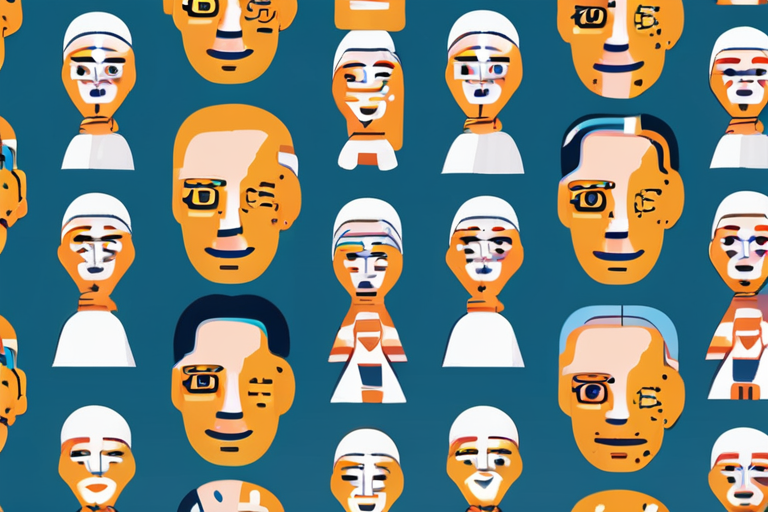
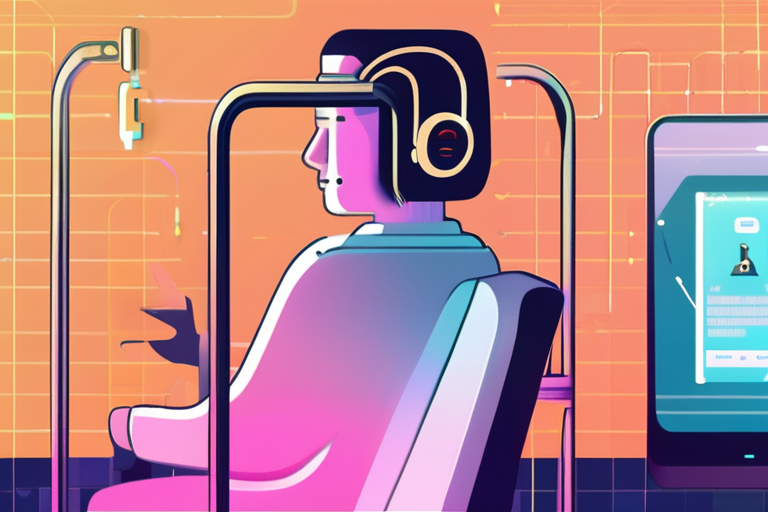
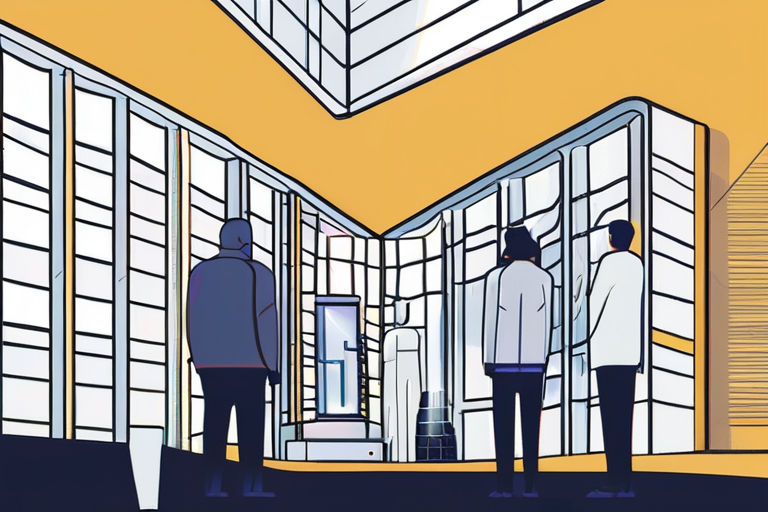
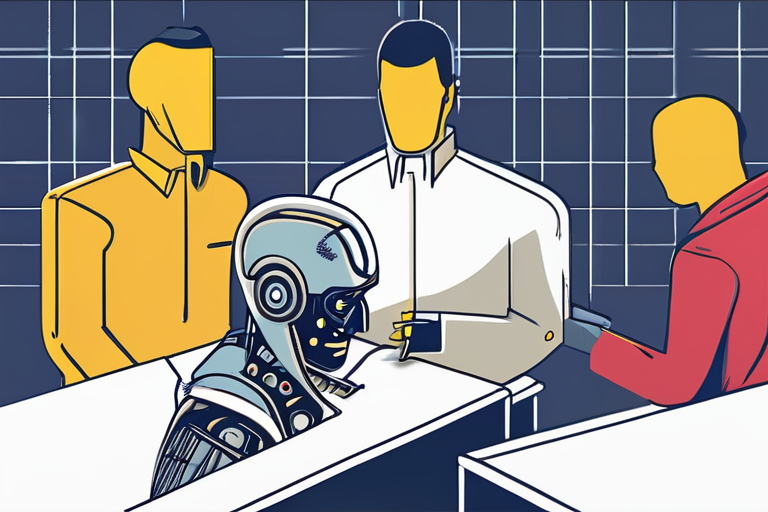
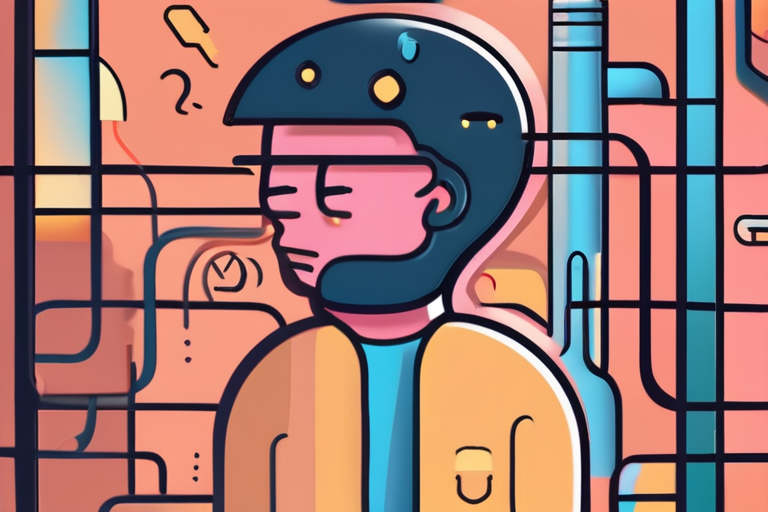
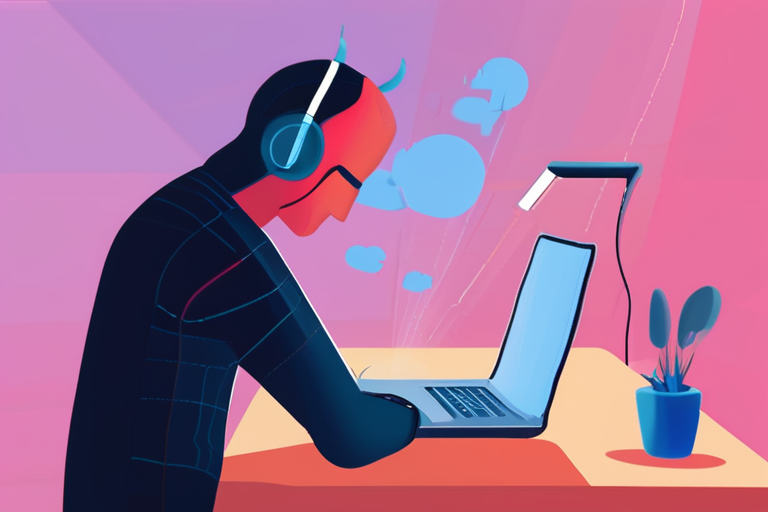
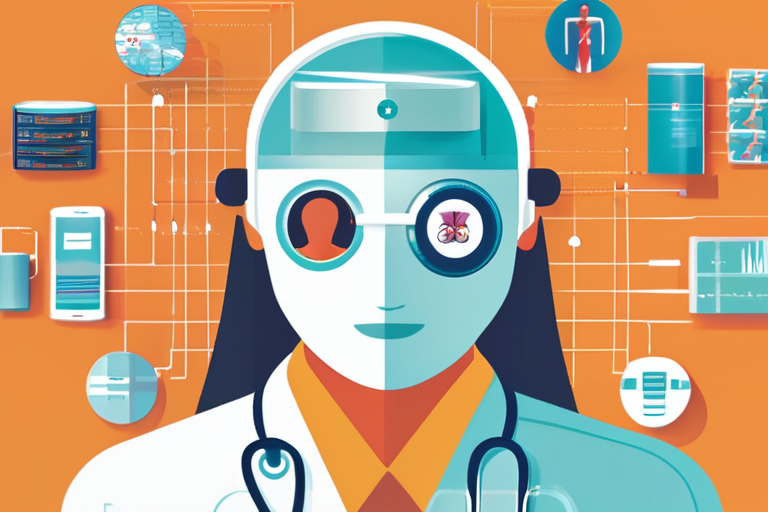
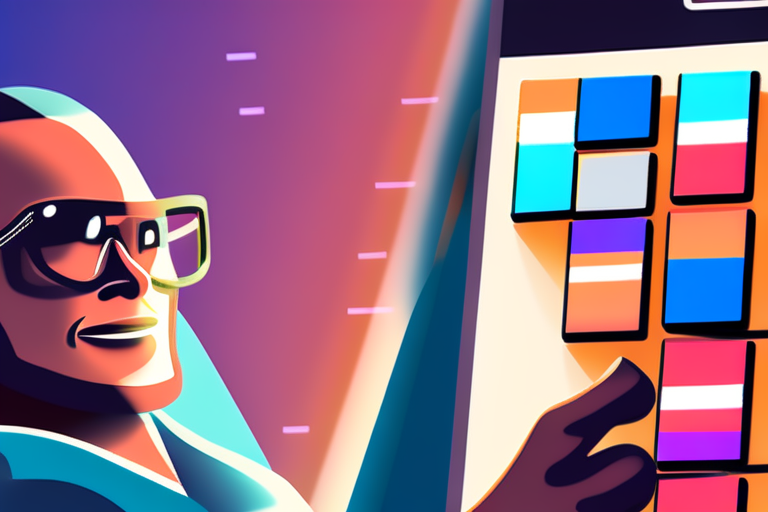
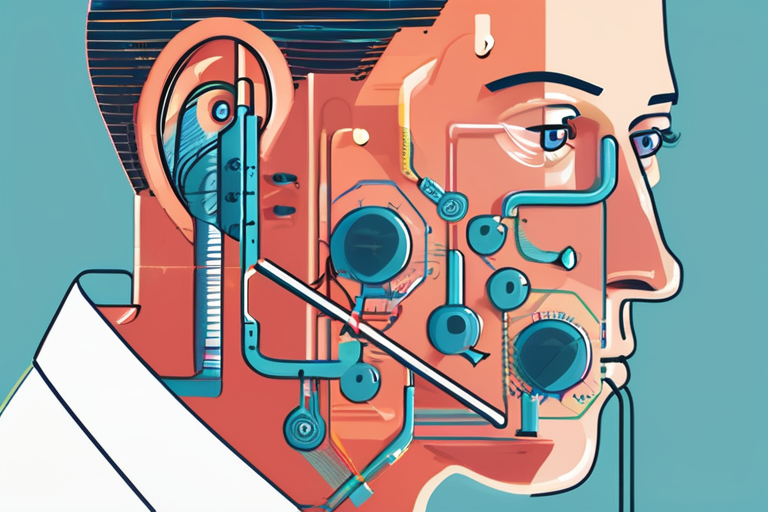
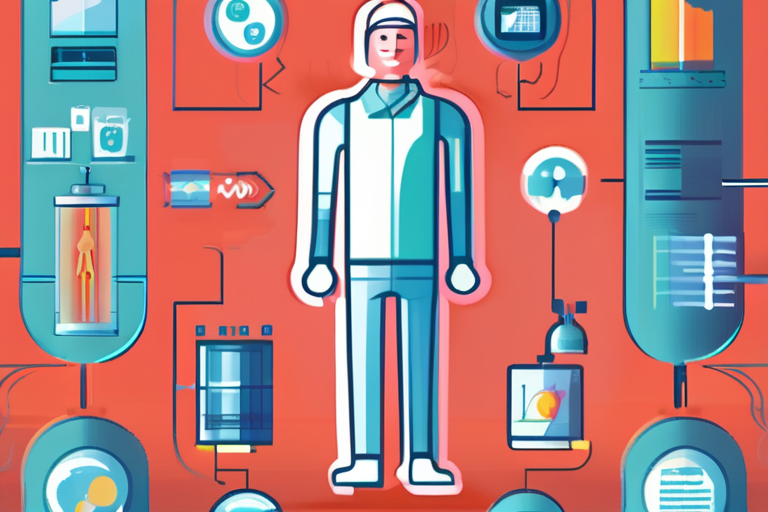
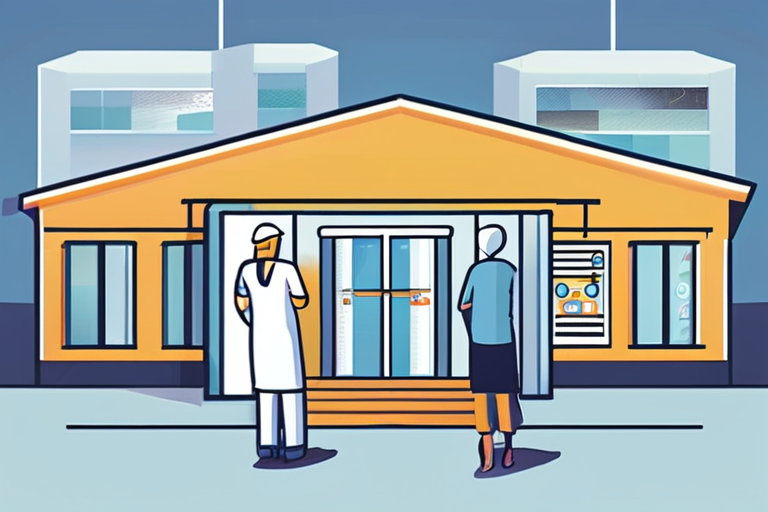
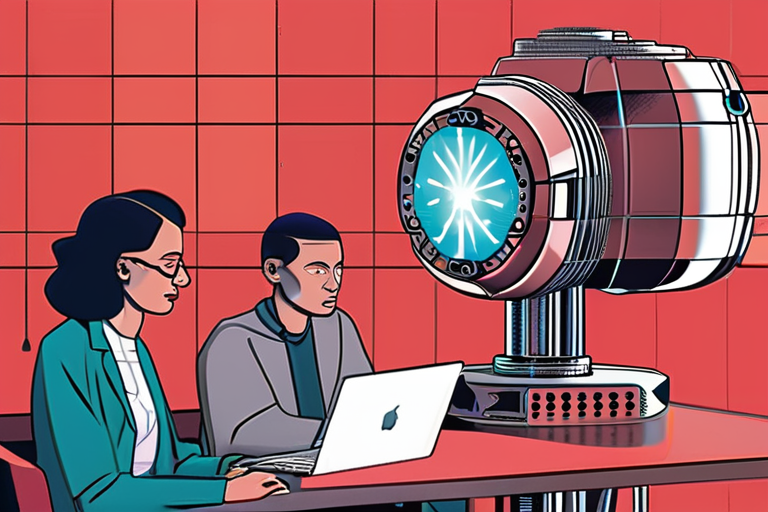
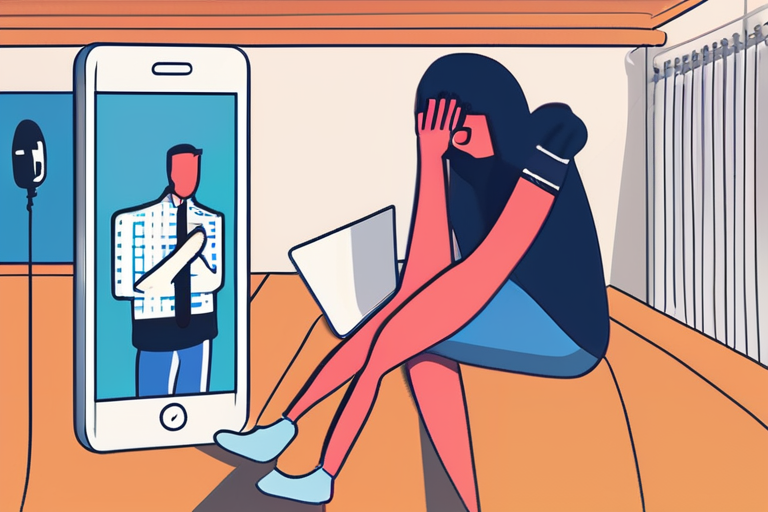

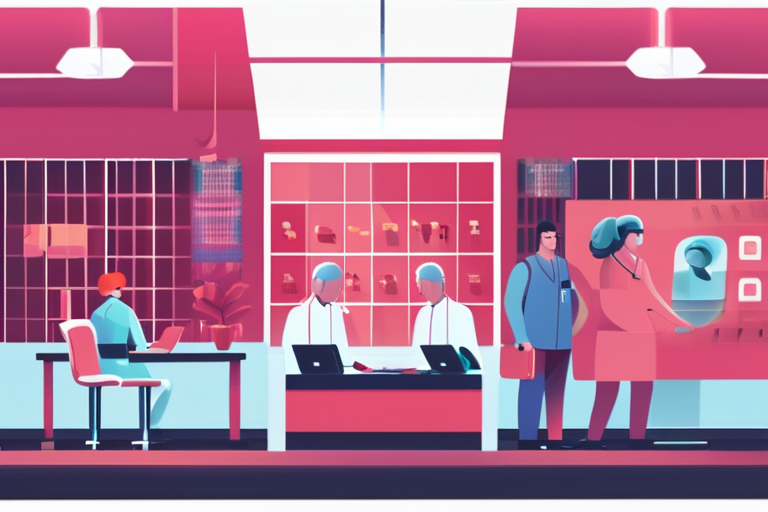
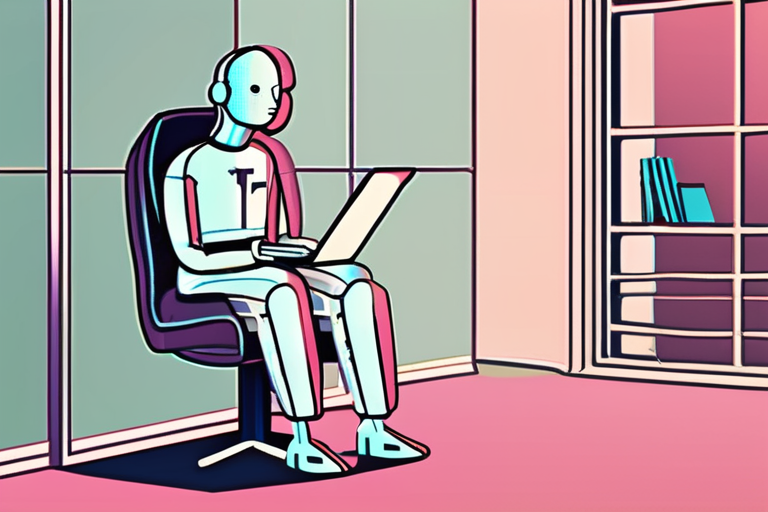
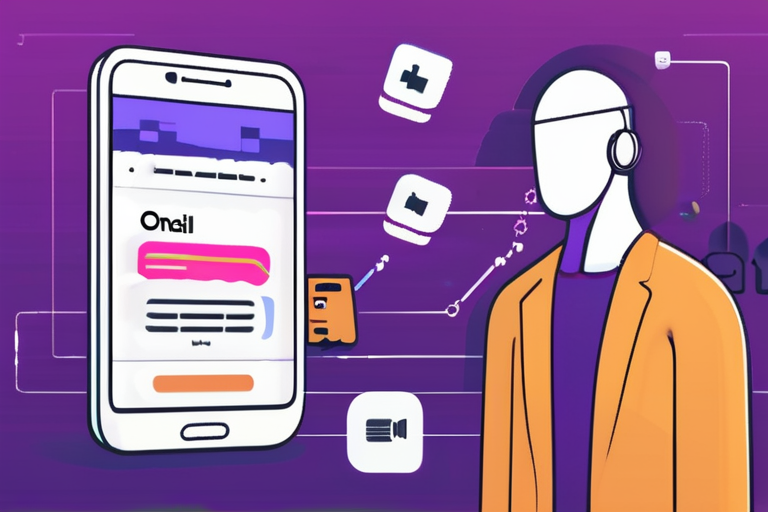
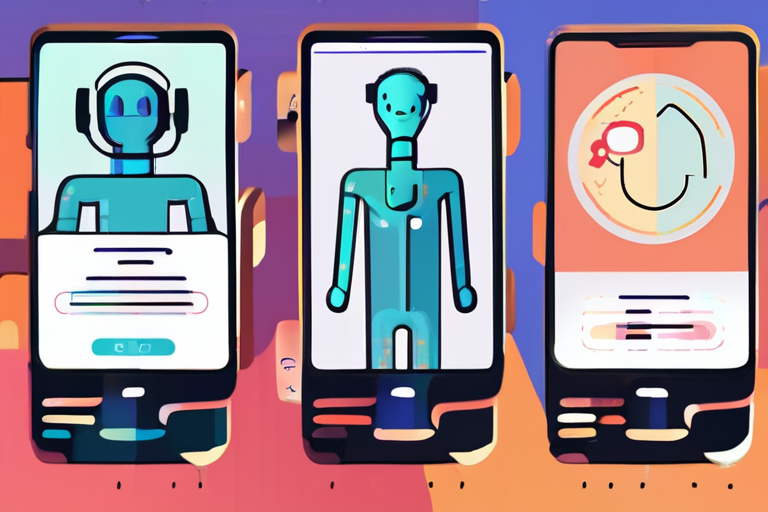
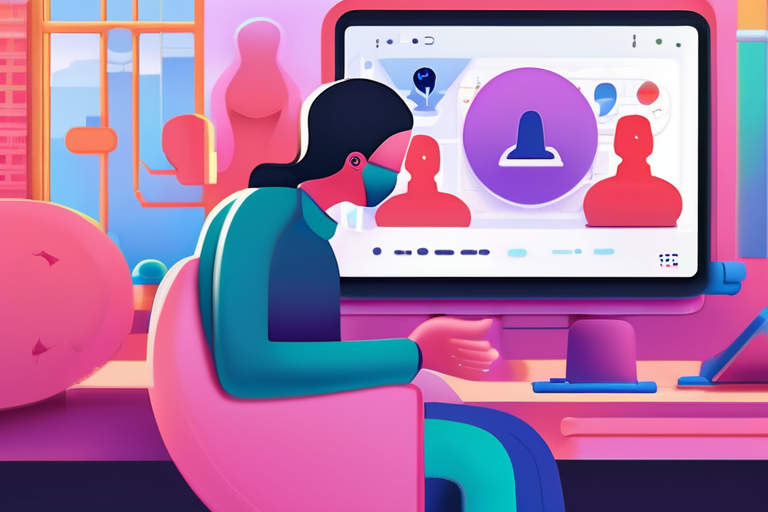

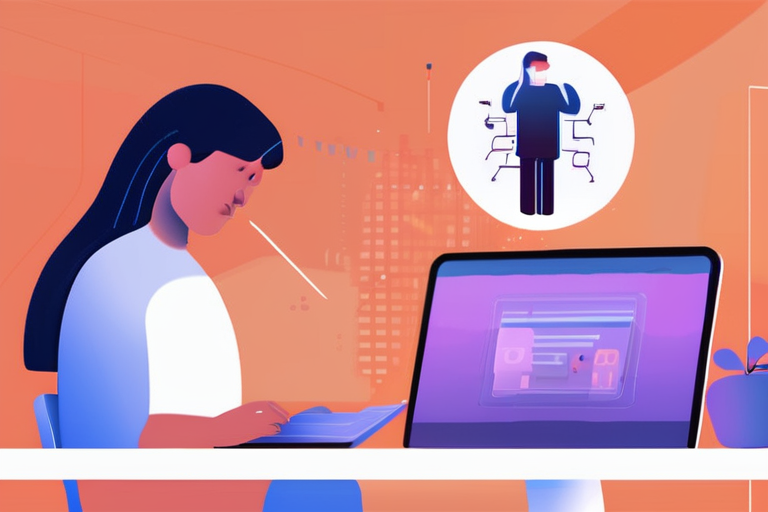
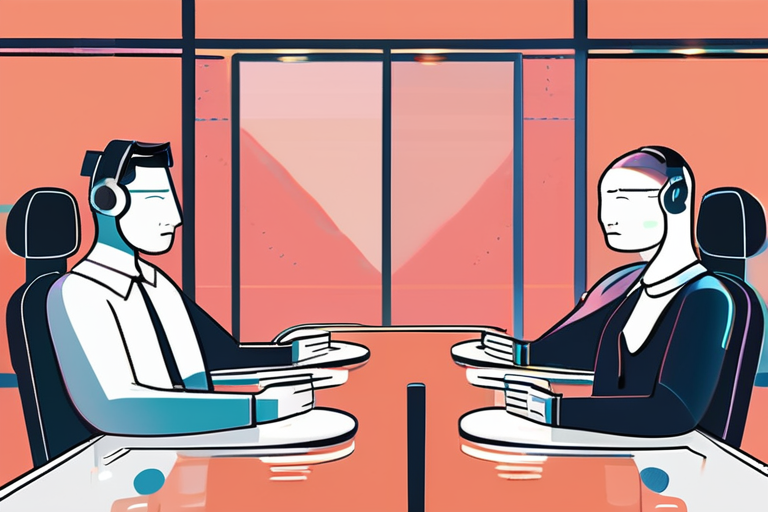
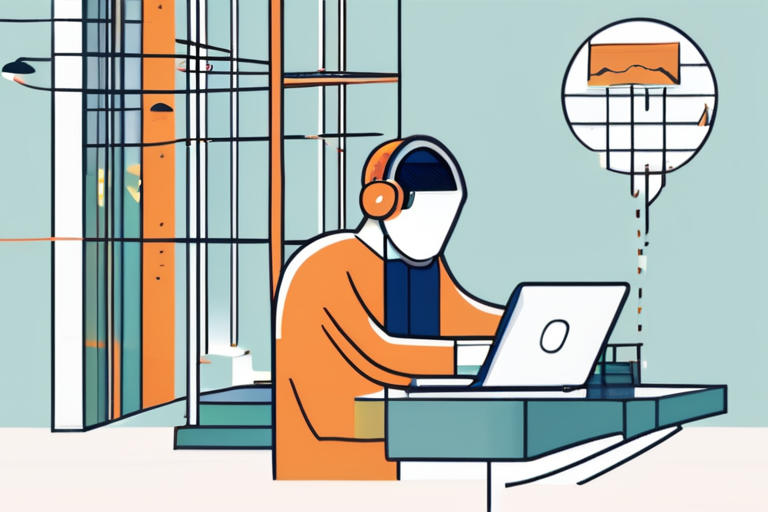
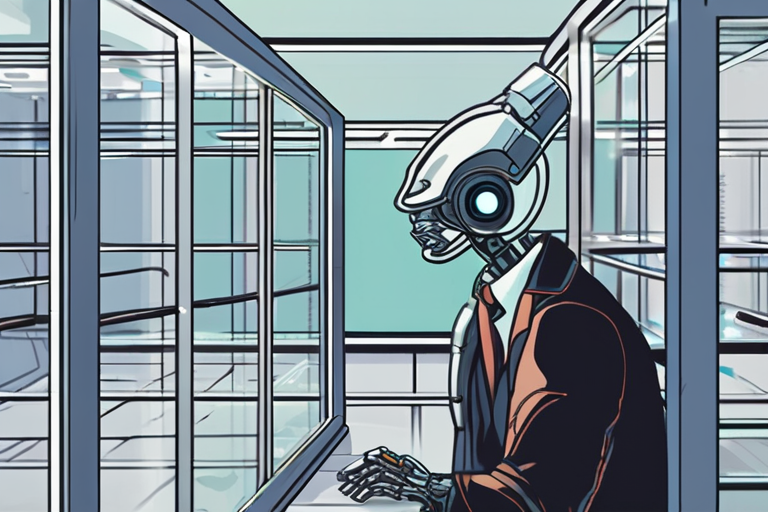
Share & Engage Share
Share this article